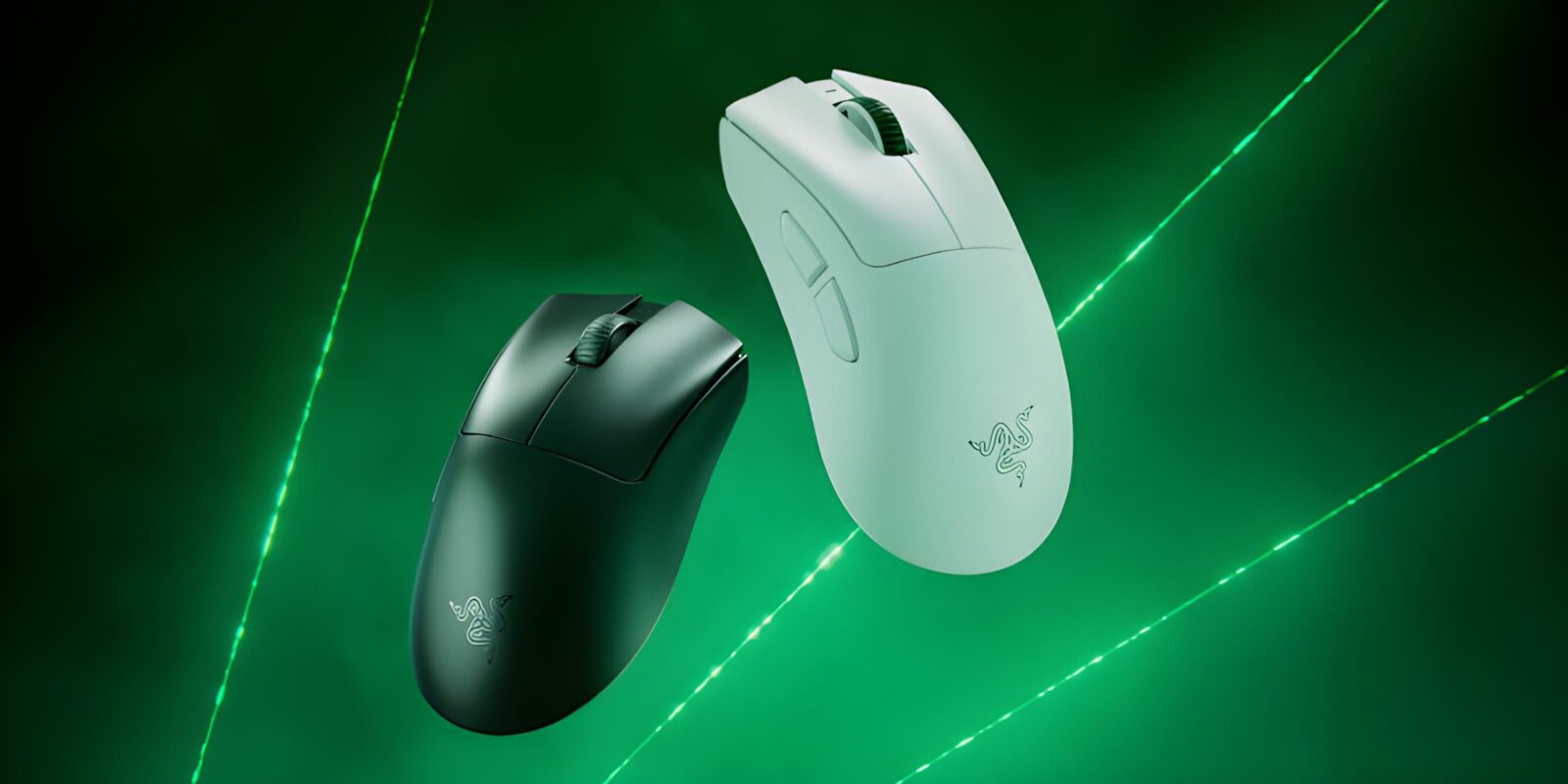In a groundbreaking scientific leap, researchers have successfully frozen and thawed human brain tissue without causing any damage, a feat previously thought impossible. This breakthrough, led by Zhicheng Shao at Fudan University in Shanghai, could revolutionize the study of neurological disorders.
The team’s secret weapon is a chemical cocktail dubbed MEDY. This unique combination of compounds appears to interrupt the natural cell death process that usually occurs during freezing, allowing the tissue to survive the thawing process unscathed.
Remarkably, brain organoids (miniature brain models) frozen in MEDY for up to 18 months showed no signs of damage when thawed. They maintained their structure, function, and growth potential, indistinguishable from unfrozen samples. The team even successfully froze and revived brain tissue from a young epilepsy patient, offering hope for future research into this debilitating condition.
Experts from the Universities of Surrey and Birmingham believe this breakthrough could pave the way for more sophisticated studies of brain development in the lab, ultimately leading to improved treatments for neurological diseases.
While freezing an entire human brain remains a distant prospect, this research marks a significant step toward that ambitious goal. It raises tantalizing possibilities for cryopreservation, potentially offering a lifeline for patients with terminal illnesses or even enabling long-duration space travel. The future of brain research and preservation has never looked brighter.





